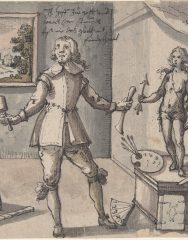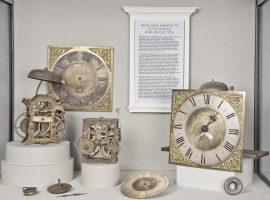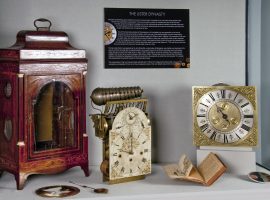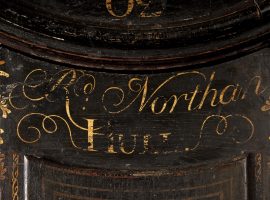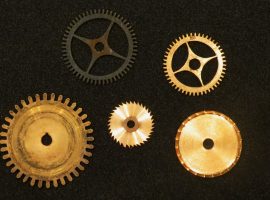Science and Technology
The eighteenth century was a time of expansion in Britain, and the realm of science and technology was no different. Scientific discovery led to technological innovation: from time keeping to medicine; astronomy to communications, Georgian Britain was one of the most exciting periods in our history. Read more about these fascinating scientific and technological advances right here.
From Sheep farming to Clock making
Clock production was an activity naturally centred in towns and cities, where the desire for timekeeping was driven by industrial, commercial, social and consumer demand. Yet clockmaking was not exclusively an urban trade.

The Lister Dynasty
Georgian clockmaking was a tradition as much as it was a trade, knowledge of the craft often being passed within families from generation to generation.

Quakers & clockmaking
Quakerism and clockmaking had a strong connection during the seventeenth and eighteenth centuries with many Quaker families having an involvement in the clock trade. Daniel Quare and George Graham were preeminent figures.

Domesticated Timekeeping
Towards the middle of the eighteenth century the longcase clock began to give way to smaller, more compact timepieces, commonly referred to today as bracket clocks.

The Tavern Clock: taxing the time
In July 1797 the Government of William Pitt the Younger passed an Act of Parliament imposing a quarterly tax on the ownership of clocks and watches.

Tools of the trade
Specialised tools were absolutely essential to the clockmaker in creating all the complex parts that a clock contained.

